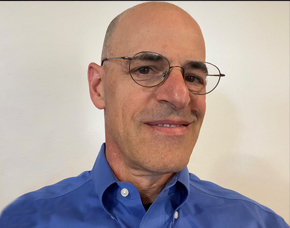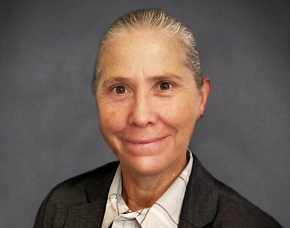
“Clinical trials are the primary way in which researchers learn more about cancer and cancer treatments. However, less than 5% of those battling cancer will ever be included in a clinical trial.[2,3] That number becomes dramatically smaller when considering younger, poorer, and nonwhite patient demographics.[2] Clinical trial populations are not representative of the ethnic and racial diversity that exists in the U.S. For example, Black Americans make up 13.4% of the U.S. population; yet 24 of the 31 cancer drugs approved since 2015 had fewer than 5% Black trial patients.[1]
Real-world data offers a solution to these problems. Where trial sites may not always be accessible to certain groups, information to advance cancer research can be gathered at the point-of-care. This means that contributing to research, drug discovery, and so much more can all be done at the oncology clinic.
Taproot Health is spearheading the national observational trial ROOT. ROOT collects standardized prospective, real-world data from consenting patients across the nation. ROOT will provide quality data to researchers for advancing drug discovery, personalizing treatments, and finding a cure. Learn how you can be a part of ROOT today.”
[1] Chen, C., & Wong, R. (2018, September 19). Black Patients Miss Out On Promising Cancer Drugs. ProPublica.
https://www.propublica.org/article/black-patients-miss-out-on-promising-cancer-drugs
[2] Chino, F., & Zafar, S. Y. (2019). Financial Toxicity and Equitable Access to Clinical Trials. American Society of Clinical Oncology Educational Book, 39, 11–18. https://doi.org/10.1200/edbk_100019
[3] Galsky, M. D., Stensland, K. D., McBride, R. B., Latif, A., Moshier, E., Oh, W. K., & Wisnivesky, J. (2015). Geographic Accessibility to Clinical Trials for Advanced Cancer in the United States. JAMA Internal Medicine, 175(2), 293. https://doi.org/10.1001/jamainternmed.2014.6300







